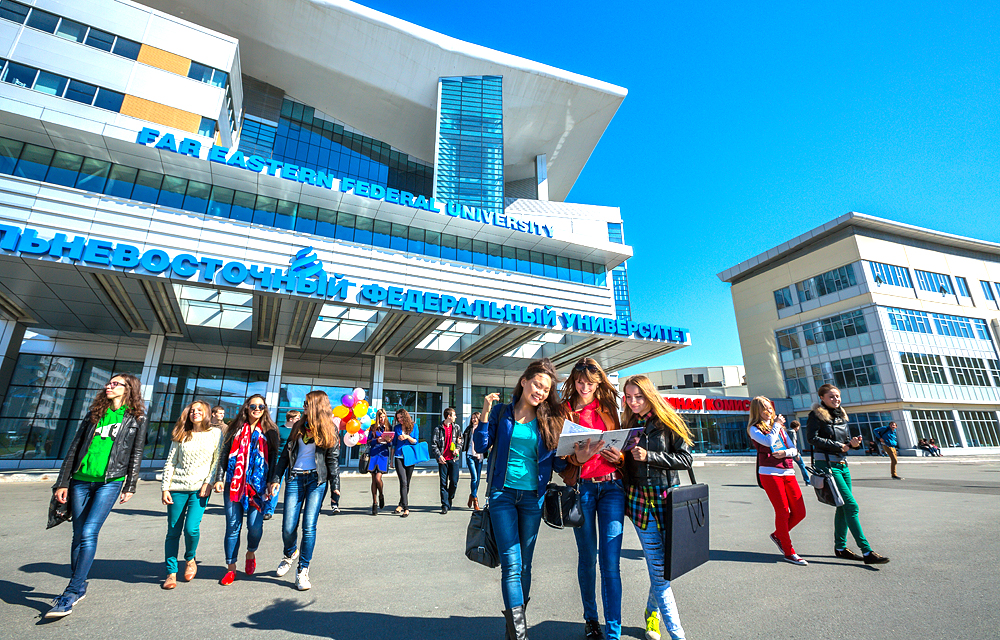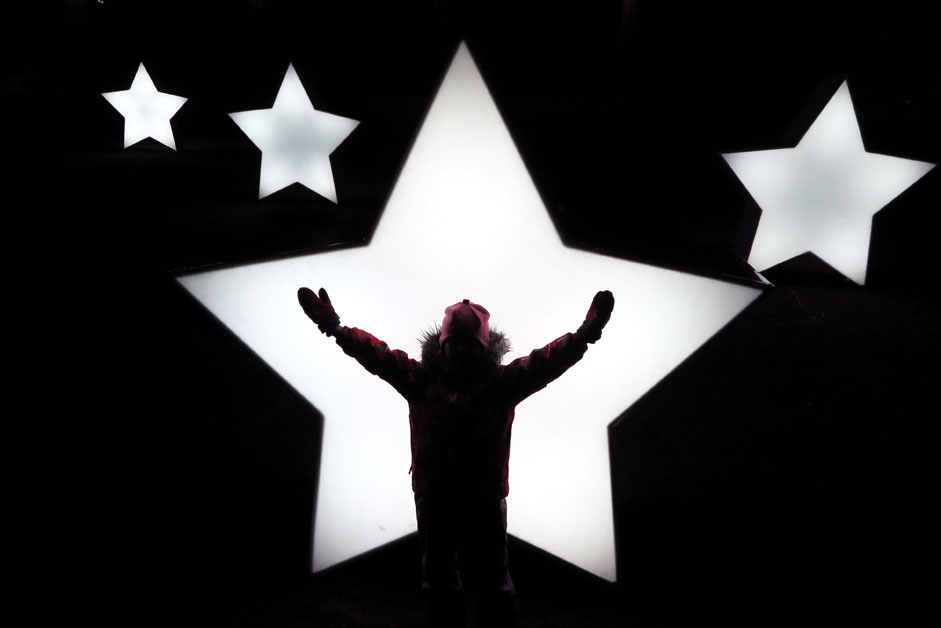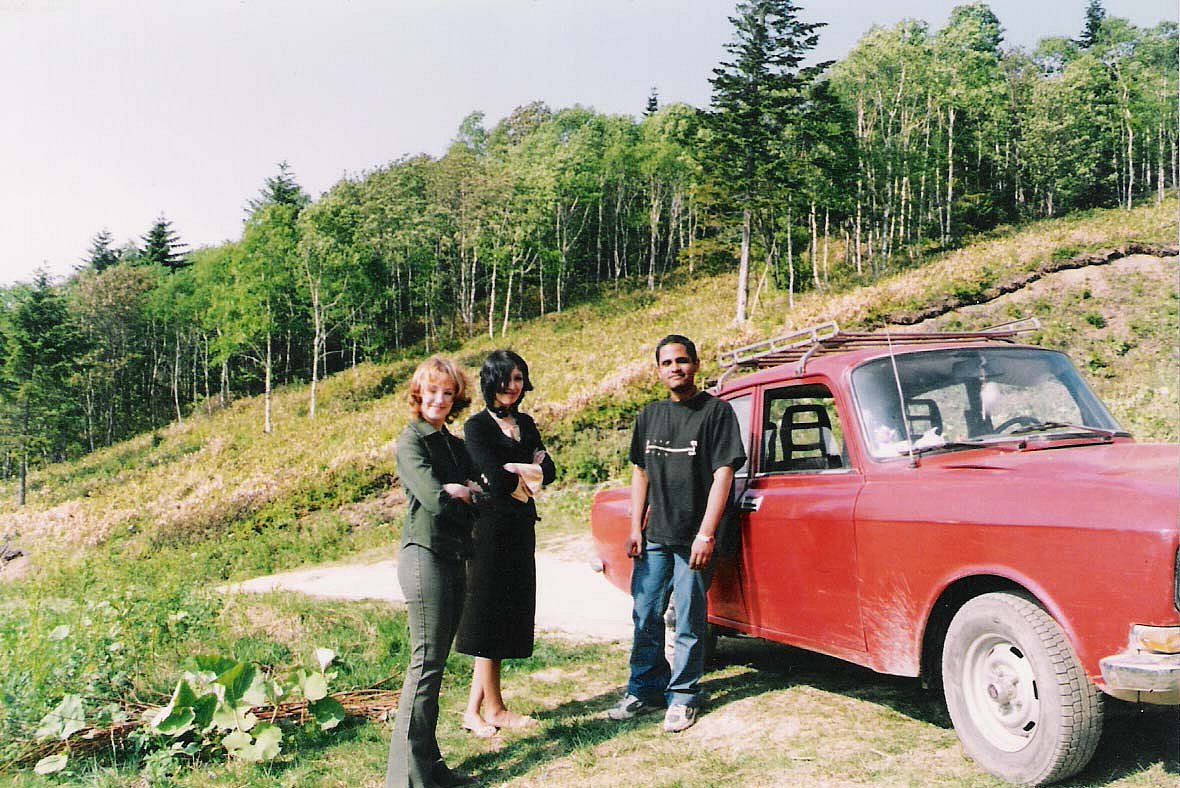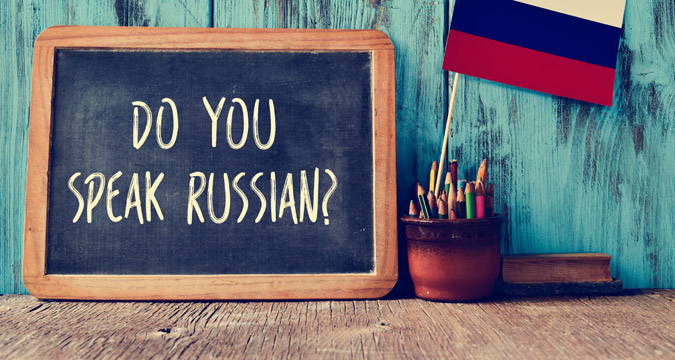7 key factors in choosing a Russian university

Far Eastern Federal University in Vladivostok is a good place to study the Pacific Ocean.
Press photoEven though leading Russian universities are now participating in the Bologna process, having introduced both Bachelor and Master degrees, higher education in Russia greatly differs from western education. So if you wish to receive the most out of your education in Russia, you should pay attention to the following factors when choosing a university.
1. Ratings
From the 1990s onwards, Russian universities have not been able to systematically rise in international rankings. However you cannot judge the quality of education solely by the university's position on the lists of top world universities.
Rankings are none the less a useful instrument that will help you understand which Russian universities are most open to foreign students and professors. The Times Higher Education and the QS rankings contain the highest number of Russian universities.
You can also determine the quality of universities based on Russian rankings.
2. Communication
English is the most important foreign language in Russia, which is why people will most likely speak to you in English if you don’t understand Russian. You can determine the level of English at the university by browsing the university's official site and by corresponding with the foreign students office.
You will get appropriate information in English while browsing the websites of Moscow Institute of Physics and Technology, Tomsk Polytechnic University, Ural Federal University in Ekaterinburg, Peter the Great St. Petersburg Polytechnic University and others.
3. Specialization
Since Soviet times Russia has had many specialized universities. But because they do not have fine arts and medical faculties, they cannot obtain high positions in general rankings. This is why you should look at subject-based rankings. Moscow Engineering Physics Institute is one of the leading centers for training nuclear physicists and is not placed high in general rankings.
4. Relationship with scientific research institutes
Fundamental scientific research in Russia is usually not concentrated in universities. It is conducted in scientific-research institutes and science academies, which are not directly connected to the universities.
This is why if you are interested in scientific research, whether in languages or wave oscillations, you must understand which scientific centers the university you chose interacts with. For example, students from the physics faculty at Lobachevsky State University of Nizhni Novgorod receive the opportunity to work with the Scientific-Research Physics-Technical Institute practically from the beginning of their course.
5. The university's international connections
You should also take into consideration the university's international partners. Immanuel Kant Baltic Federal University has ties with Germany. Tomsk State University has many partners in the US and Moscow Higher School of Economics has partners all over the world.
6. Studying with Russians
You would be well advised to check whether foreigners study together with Russian students in the university you select. Several universities have special departments for foreigners. However, you will learn Russian quicker if you study in the same classes with local students.
7. Unique programs
Try to select the universities that will give you unique knowledge. For example, the specialty of Far Eastern Federal University in Vladivostok is the interdisciplinary study of issues concerning the Pacific Ocean. Novosibirsk State University employs scientists who develop vaccines against deadly diseases. Ural Federal University sends scientific expeditions to Antarctica with the aim of finding meteorites.
All rights reserved by Rossiyskaya Gazeta.
Subscribe
to our newsletter!
Get the week's best stories straight to your inbox


